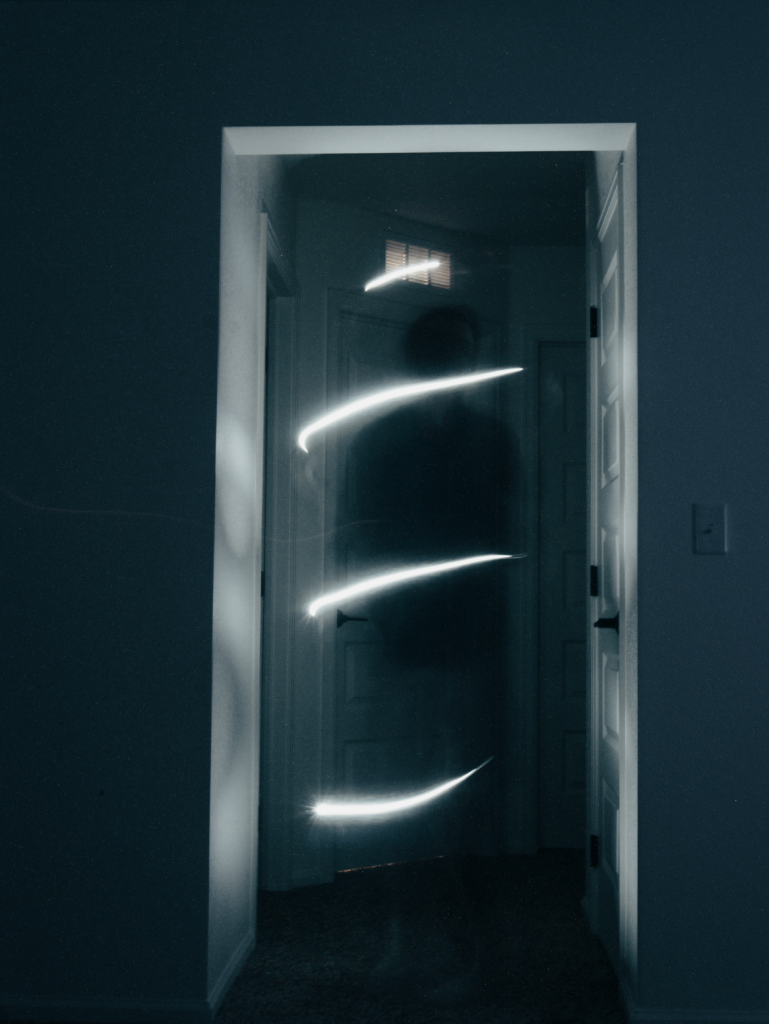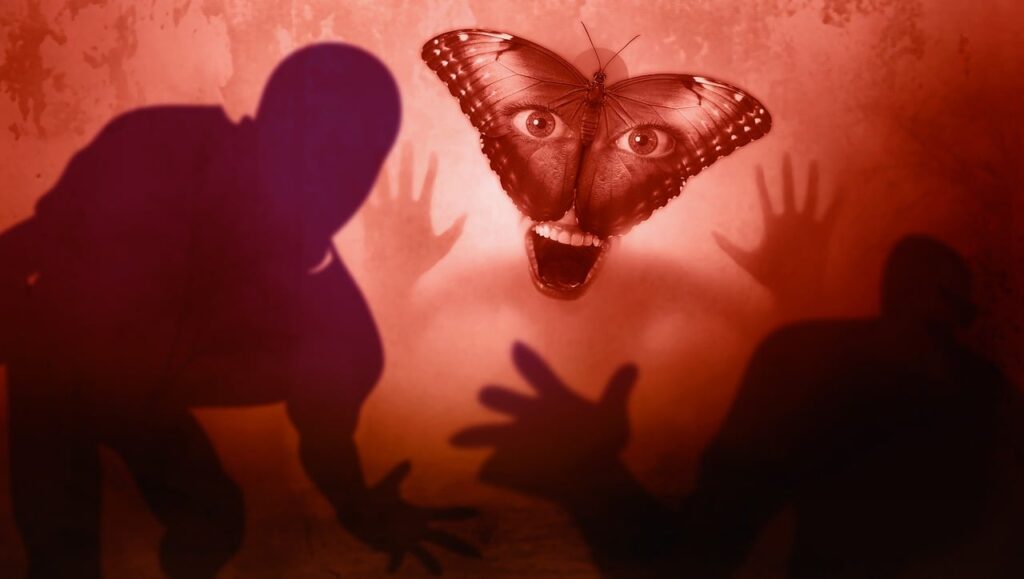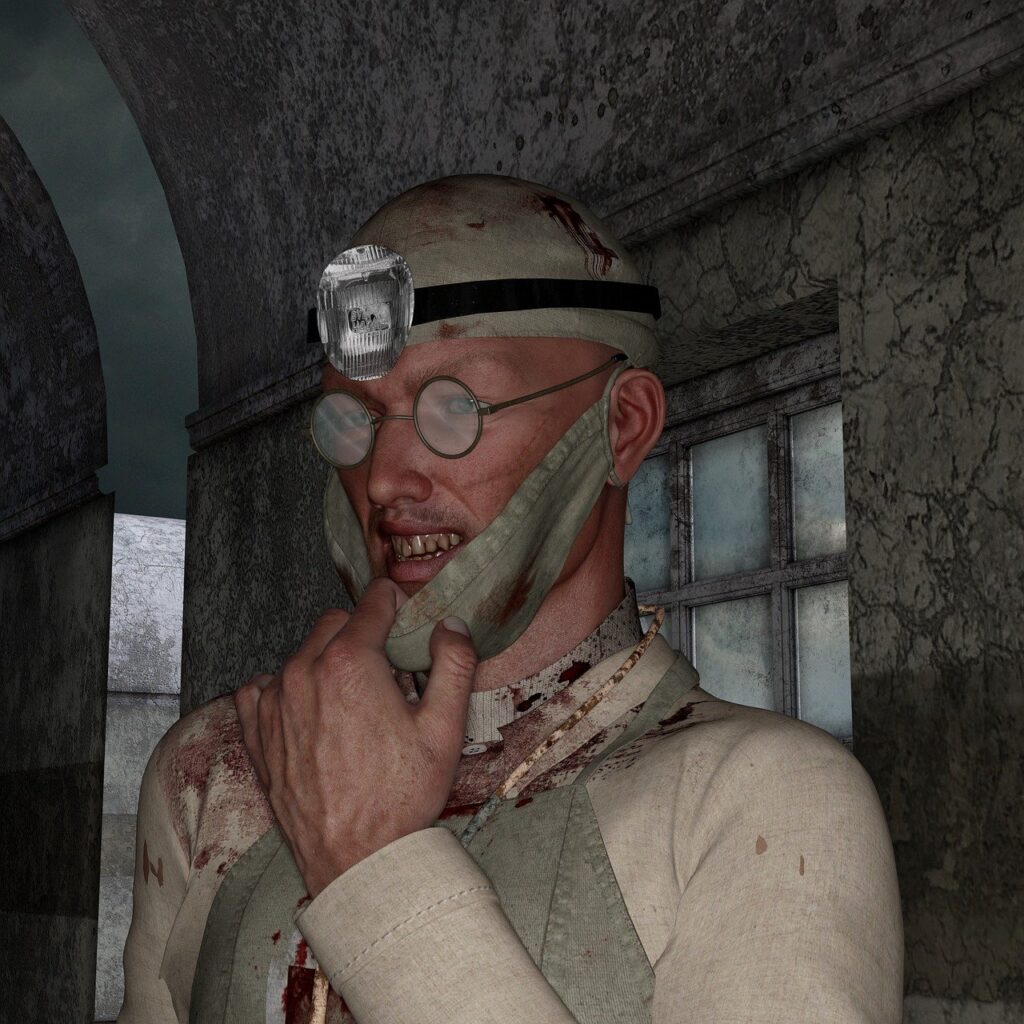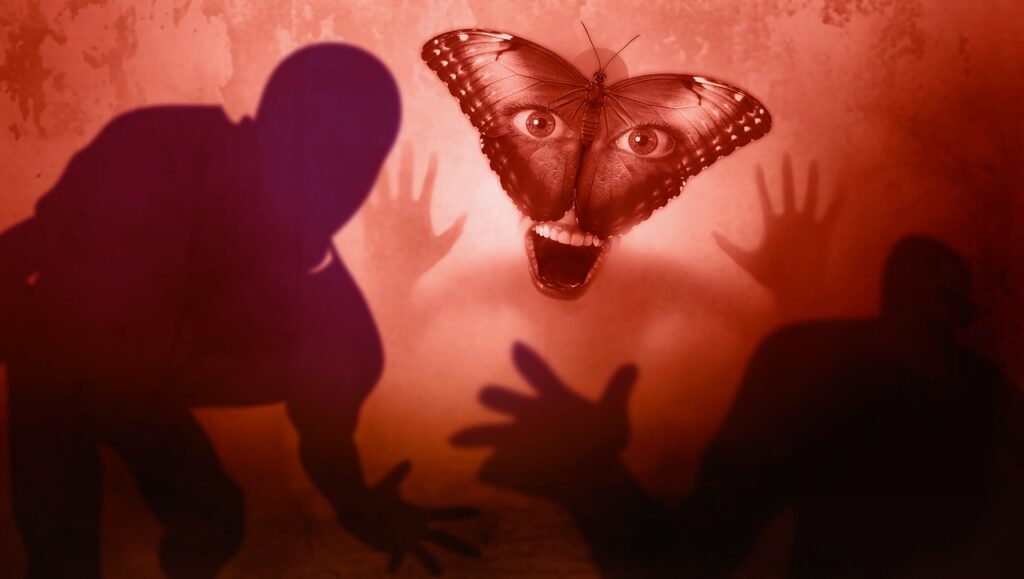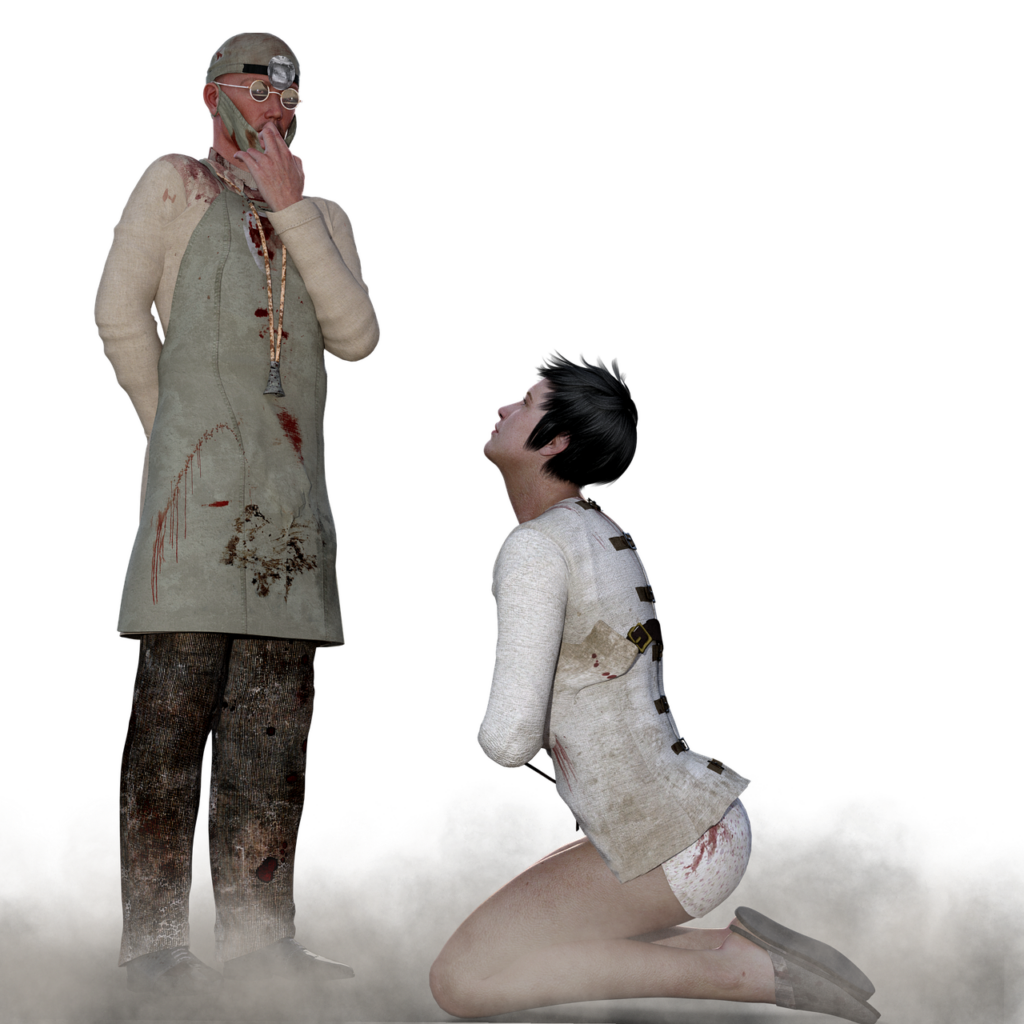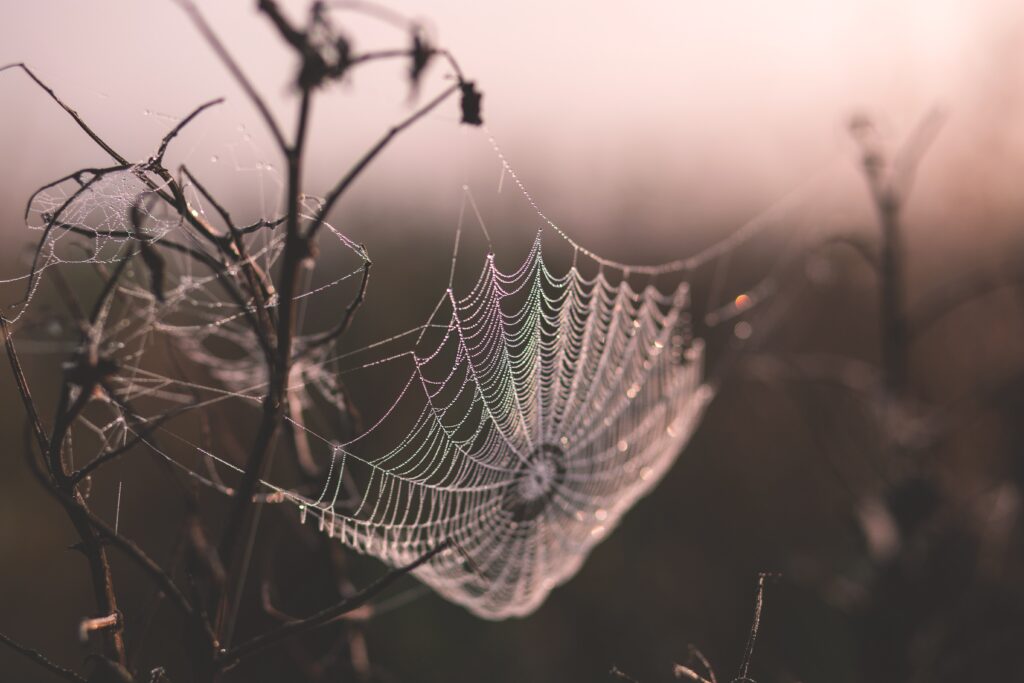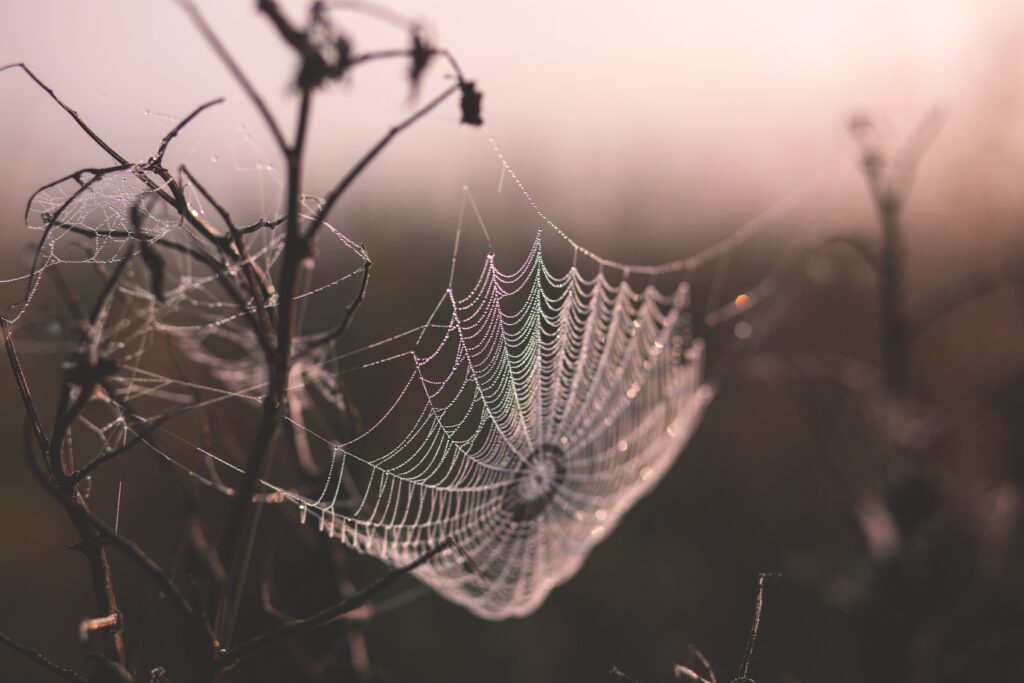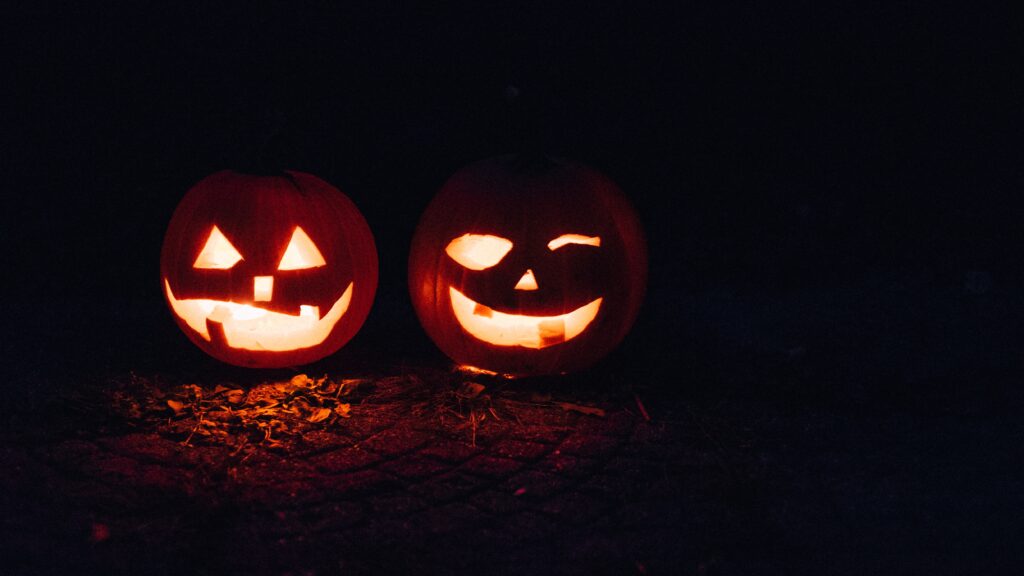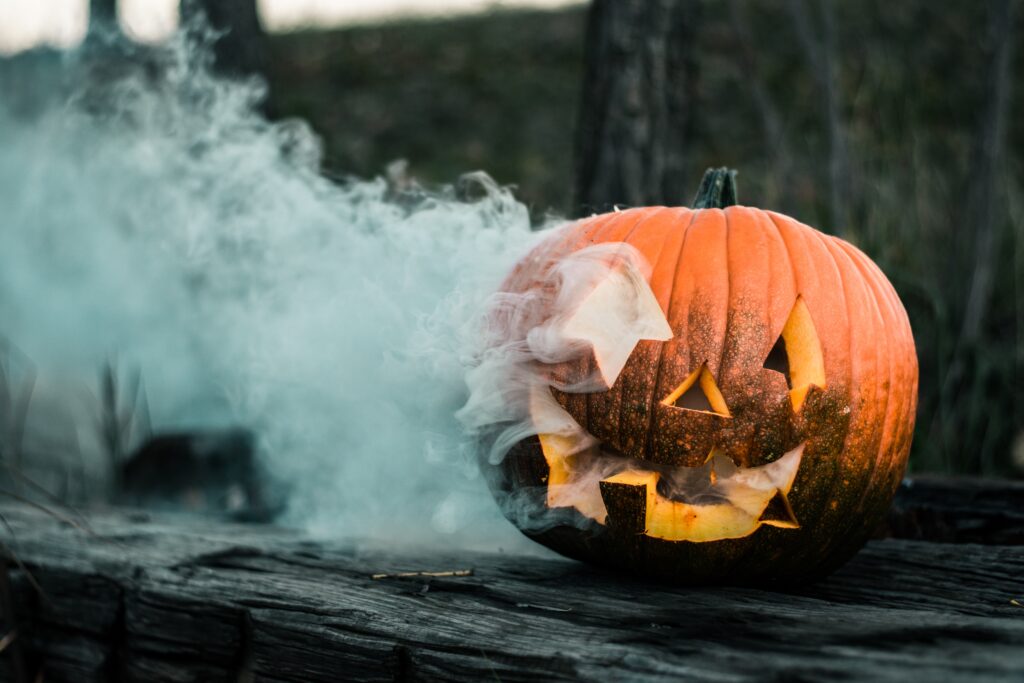The Halloween Junkie’s Guide: Fear as Entertainment and Its Impact on our Brains
Let’s get ready for a thrilling adventure as we explore “The Halloween Junkie’s Guide: Fear as Entertainment and Its Impact on our Brains”. Imagine you’re on a rollercoaster, climbing up slowly, stomach fluttering with anticipation. You’re scared, but you’re also really excited. That’s exactly how horror movies make us feel! They reign supreme in the world of entertainment, especially during Halloween. So join us as we uncover the secrets behind their popularity and find out what happens in our brains when we watch them. Hold on to your hats, it’s going to be a spooky ride!
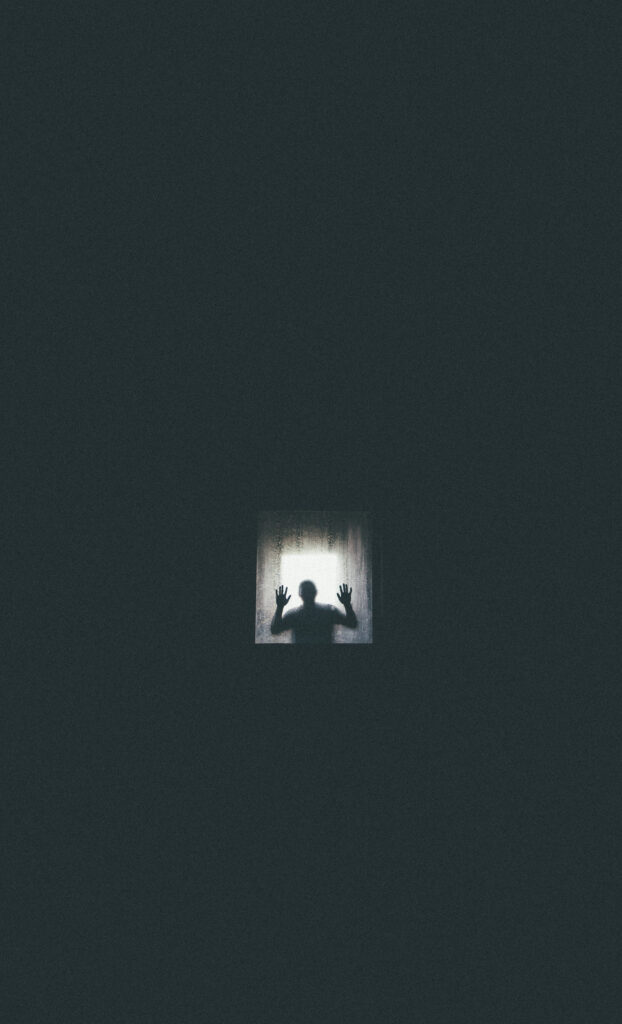
This image is property of images.pexels.com.
Unraveling Fear as a Form of Entertainment
Have you ever wondered Why scary movies, spooky stories, and haunted houses make people excited, even though they’re supposed to be scary? You see, brave and adventurous folks often find fear fun and exhilarating. Let’s find out more about why fear can make things captivating.
Understanding why fear is captivating
Fear, though it sounds scary, is captivating because it makes your heart race, and your palms go sweaty. It’s like riding a roller coaster, where one moment you’re high up in the sky and the next you’re zooming downwards at unstoppable speed. It’s the thrill and excitement that captivates us.
The thrill of danger: breaking down adrenaline rush
When you’re feeling scared, your body makes a special kind of juice called adrenaline. This makes your heartbeat faster, and you become more alert and aware. That’s why when you’re watching a scary movie or visiting a haunted house, you feel hyper-alert and everything seems so exhilarating.
The historical appeal of fear-based entertainment
Long long ago, people loved to gather around and listen to scary stories. This thrill of feeling scared has always been part of our fun activities. Be it ghost stories around a campfire or creepy stories before bedtime, fear-based entertainment has its roots dug deep in history.
The Psychology Behind Fear
Fear is not just a feeling but also a reaction. Our brain plays an important role in how we feel and respond to fear. Do you want to know how that works?
The role of the amygdala in controlling fear response
Have you ever heard of a tiny part of your brain called the amygdala? It’s kind of like the alarm system in your house, alerting your body when something scary or dangerous happens. When you see something scary, it’s your amygdala that makes you feel afraid.
Fight or flight response: Neuroscience explanation
It’s because of the fight or flight response that you either stand your ground or run away when you’re faced with something scary. Your brain decides whether to fight against the monster under your bed or just run for your life!
How viewing horror triggers brain’s fear response
When you’re tucked safely under blankets, watching a scary movie, your brain still reacts as if there’s real danger. That’s why your heart pounds fast, and you might even scream when the ghost pops up on the screen!
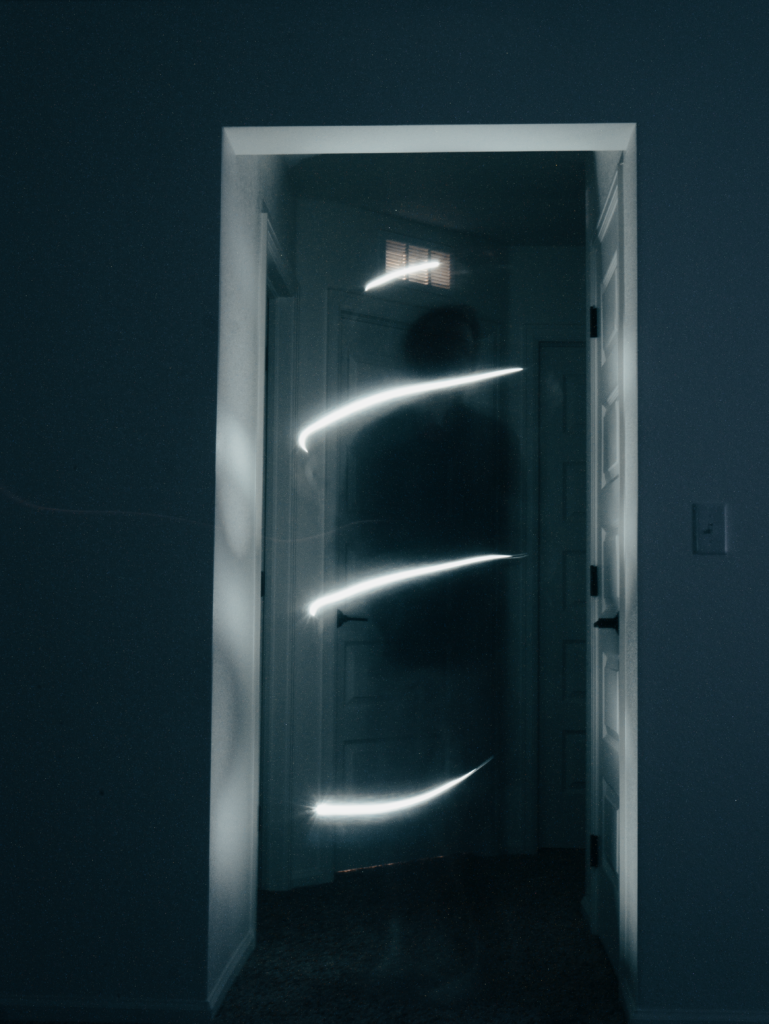
This image is property of images.pexels.com.
Horror Genre: Captivating Minds for Centuries
Horror stories and spooky folklore have been capturing our minds for centuries. Who can resist a thrilling tale of haunted castles, spooky graveyards, or magical creatures lurking in the dark?
History of horror in literature and film
Horror tales have been part of us since ancient times and have found their way into literature and later on, into films. Be it scarlet-eyed vampires, grim-looking werewolves, or friendly ghosts – horror is a genre that has always kept us on our toes.
Cultural significance of horror genre
Different cultures have their unique scary tales, each highlighting something important. So, while horror tales could be scary, they help us learn about different cultures and their unique beliefs.
Evolving trends in creating fear on screen
Remember when black cats, owls, or howling winds were scary? Today, filmmakers use advanced technology, louder sound effects, and more realistic visuals to create fear. It’s always changing and evolving to make it scarier and more captivating.
The Halloween Connection
Halloween is like the biggest celebration of fear and horror. It’s the time of the year when everyone gets to dress up as their favorite monster and enjoy the scare-filled fun!
The relationship between Halloween and horror genre
Halloween and the horror genre are like two sides of the same coin. Halloween celebrations with haunted houses, creepy costumes, and horror tales make it the perfect time for showcasing the horror genre.
Halloween: A universal celebration of fear and horror
Halloween is a day when everyone, from little children to grown-ups, celebrates fear and horror worldwide. They wear costumes, share scary stories, and visit haunted houses. It’s like a big, scary fun-fair!
The allure of horror-themed Halloween attractions
No Halloween is complete without horror-themed attractions like haunted houses, scary mazes, and spooky hayrides. These attractions are the perfect playground for people who love to feel scared!
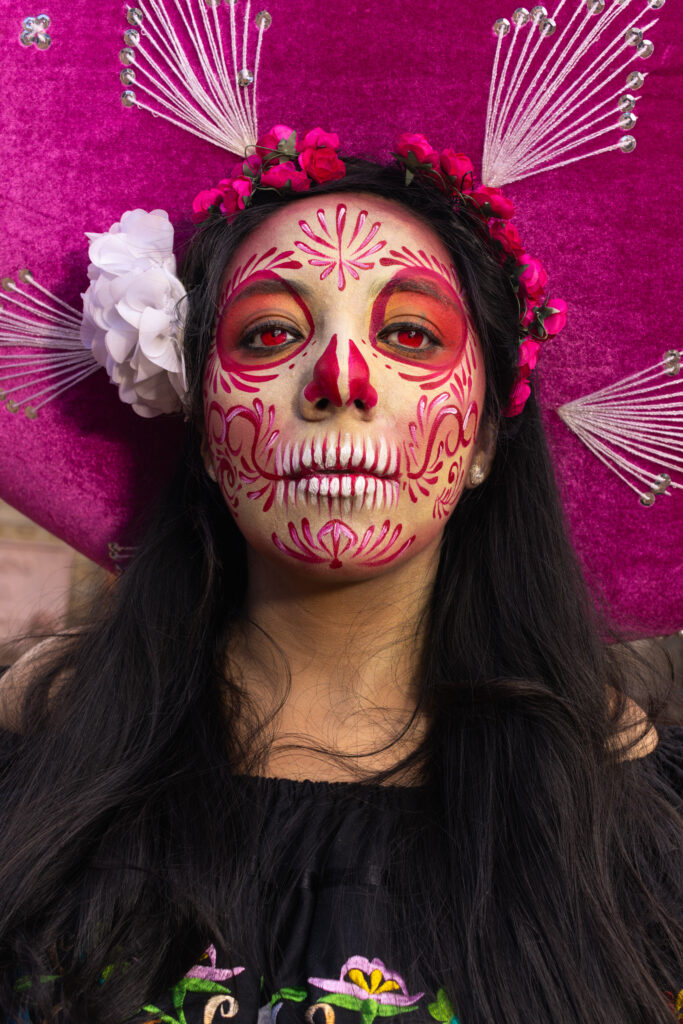
This image is property of images.pexels.com.
The Impact of Fear on our Brains During Halloween
Ever wondered what happens to your brain when you’re scared? Halloween, with its scare-filled experiences, affects our brain in fascinating ways.
Changes in brain activity when experiencing fear
When you’re scared, your brain gets very busy. It sends signals to different parts of your body, so you either run, fight, or freeze!
The effect of prolonged fear exposure on the brain
Now, What happens if you’re scared for a long time? Well, your brain might get tired from being on alert all the time. But don’t worry, after a good night’s sleep, it will be as good as new!
Horror-based Halloween events and their neurological effects
Scary houses and spooky mazes at Halloween can be a fun way to give your brain a little workout. Just like it works hard when you’re running or jumping, it works hard when you’re scared too!
Understanding the Halloween Junkie
You know those people who absolutely love Halloween and can’t wait for it every year? We call them Halloween junkies!
Defining a Halloween junkie
A Halloween junkie is someone who loves everything scary and spooky, especially during Halloween. They love haunted houses, horror films, and dressing up in creepy costumes.
Psychological profile: Why do Halloween junkies crave fear?
Halloween junkies crave fear because it’s exciting and fun for them. It’s a bit like the thrill of going on a high speed roller coaster ride. It scares them, but they just can’t get enough of it!
Benefits and drawbacks for Halloween junkies
For Halloween junkies, the benefits are all the fun and thrill that comes with Halloween. But, just like anything else, it’s not good to be scared all the time. So, it’s a good idea to do some calming activities like reading a light book or drawing something beautiful after all the spooky fun.
Fear and Stress: A Thin Line
Fear and stress might sound similar, but they’re not the same. Feeling scared can be exciting, but being stressed for a long time is not good for you!
Distinguishing between fear and stress
Fear is the feeling you get when you’re watching a ghost movie or walking in a haunted house. But stress is the uneasy feeling you get when you have too much homework or you’re worried about something.
Chronic stress versus fleeting fear: impact on health
Feeling scared for a short while, like when you’re watching a scary movie, can be exciting. But if you’re feeling scared or stressed all the time, it can make you feel tired and unhappy. So, it’s important to make sure you relax and have fun without feeling scared!
Coping mechanisms for stress induced by fear
If you’re feeling scared or stressed, talking about it to someone you trust can help you feel better. Doing things that you enjoy, like playing games or listening to your favorite music, can also help you feel calm and happy again.
The Business of Fear
Did you know that scaring people can also be a big business? From scary movies and haunted houses to horror books and Halloween costumes, fear is a lucrative business!
The commercial success of the horror industry
Horror movies, books, and games are very popular. People love to feel scared, and these industries provide them with the thrill they seek. So, it’s no surprise that they make a lot of money!
Halloween and economy: Big business in fright
Did you know that billions of dollars are spent on Halloween each year? From costumes and candies to decorations and party supplies, Halloween is a big business that boosts the economy.
The strategy behind marketing fear
Companies know that people love to feel scared. So, they create scary advertisements, spooky merchandise, and hair-raising experiences to attract thrill-seekers!
Fear as a Tool for Emotional Catharsis
Are you surprised that fear can be a tool for emotional catharsis? That means that sometimes, feeling scared can help you feel better!
Horror as a safe platform for facing fears
Sometimes, horror movies or spooky books can help you deal with your real-life fears. It’s like practicing how to be brave!
Fear-based entertainment as a method of stress relief
After a long day, sometimes watching a scary movie or reading a spooky book can help you relax. It’s because you forget all the real-life stress and get lost in the spine-chilling adventure.
The cathartic effect of horror films and haunted houses
The excitement and thrill of watching horror films or walking through haunted houses can leave you feeling refreshed, just like after a good workout! That’s what we call catharsis.
The Halloween Junkie Take
So, you see, fear is more than just being scared. It’s a thrilling roller-coaster ride that makes us feel alive and invigorates our brain. Whether you’re a Halloween Junkie who craves the adrenaline rush, or prefer less hair-raising activities, know that a little fear goes a long way in making our lives exciting!
The Halloween Junkie’s Guide: Fear as Entertainment and Its Impact on our Brains Read More »

